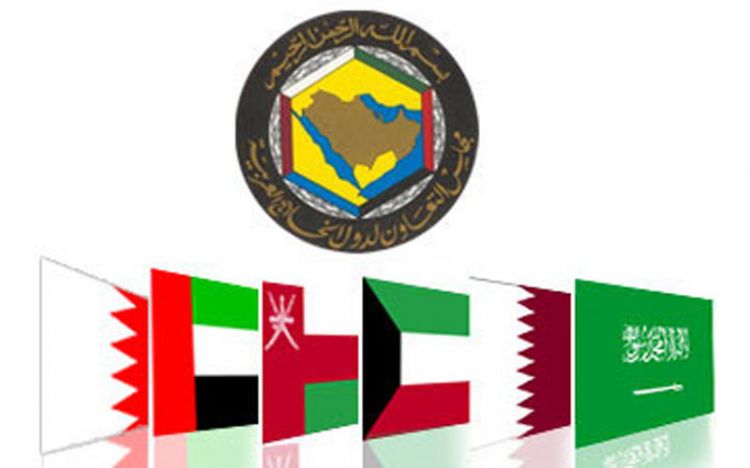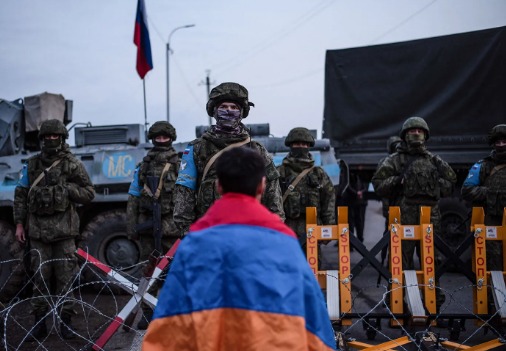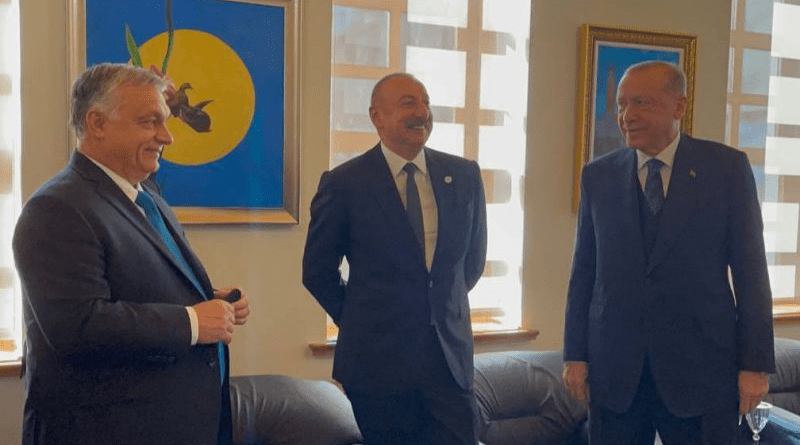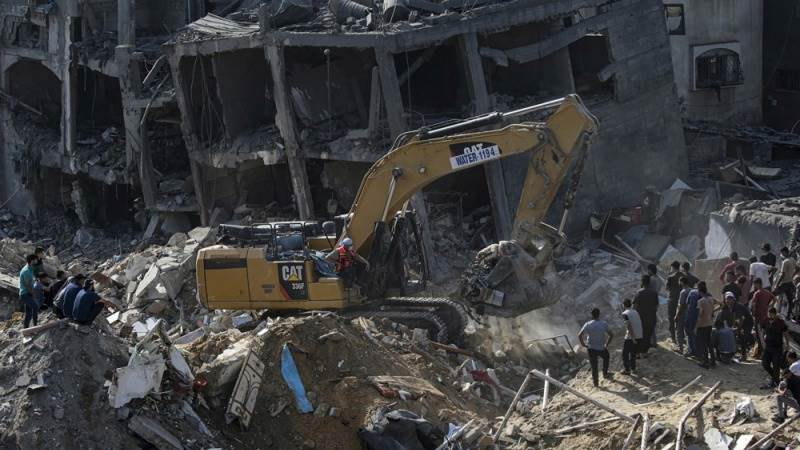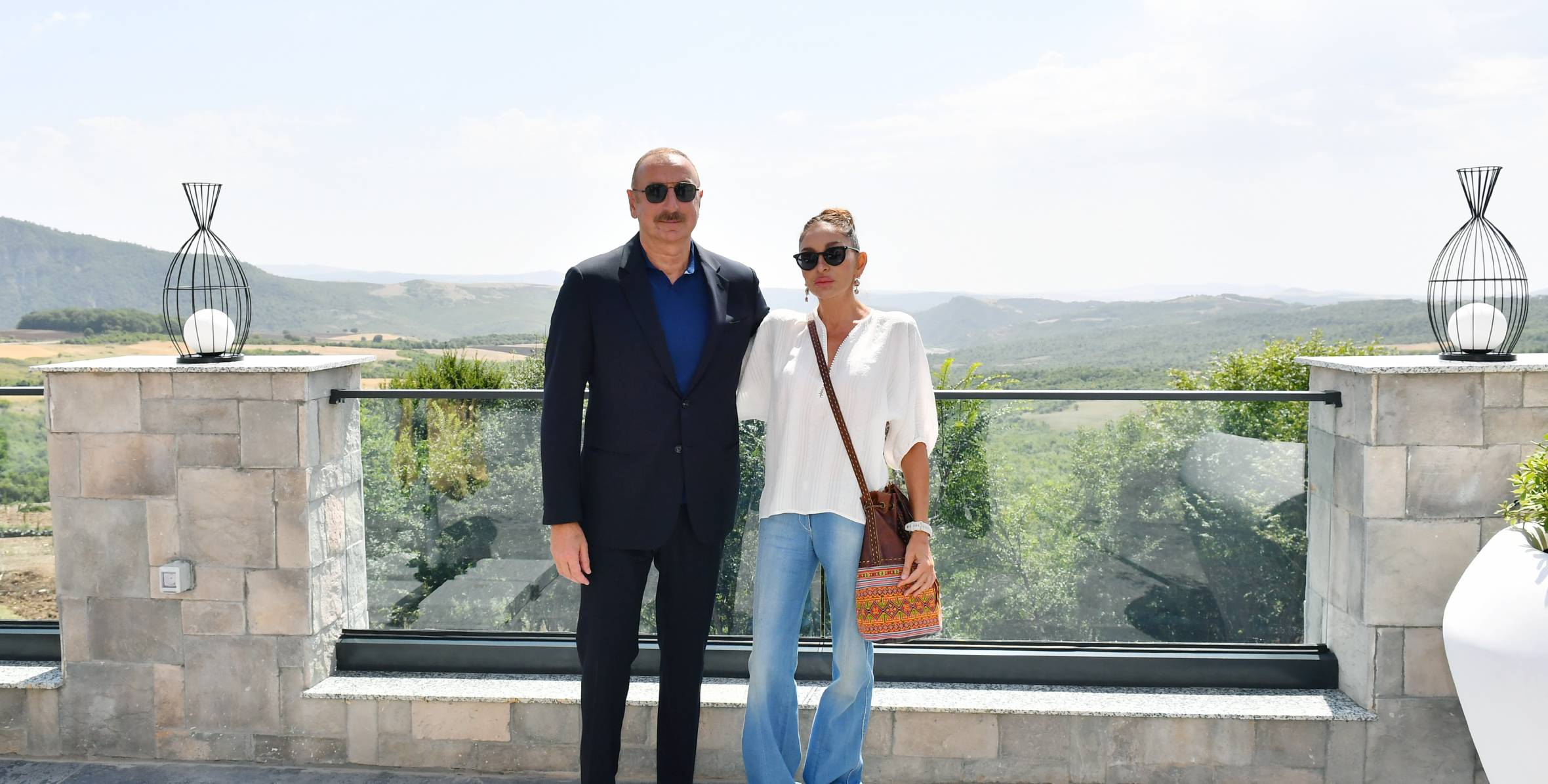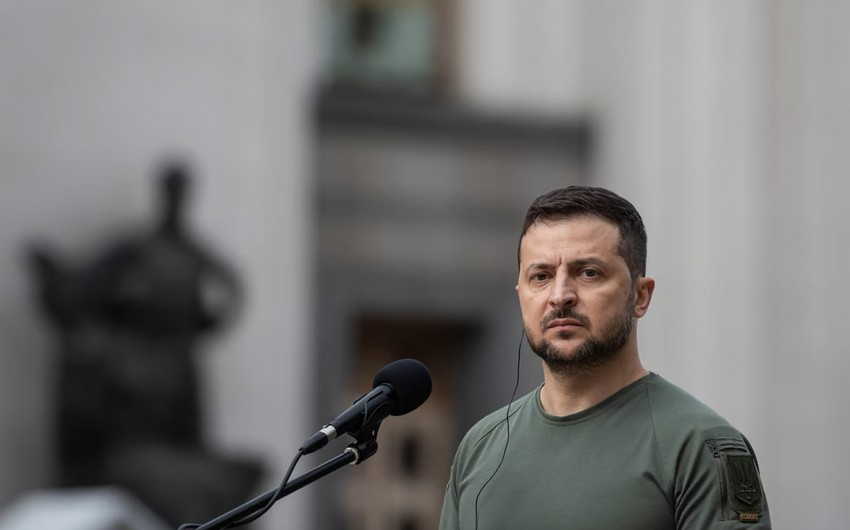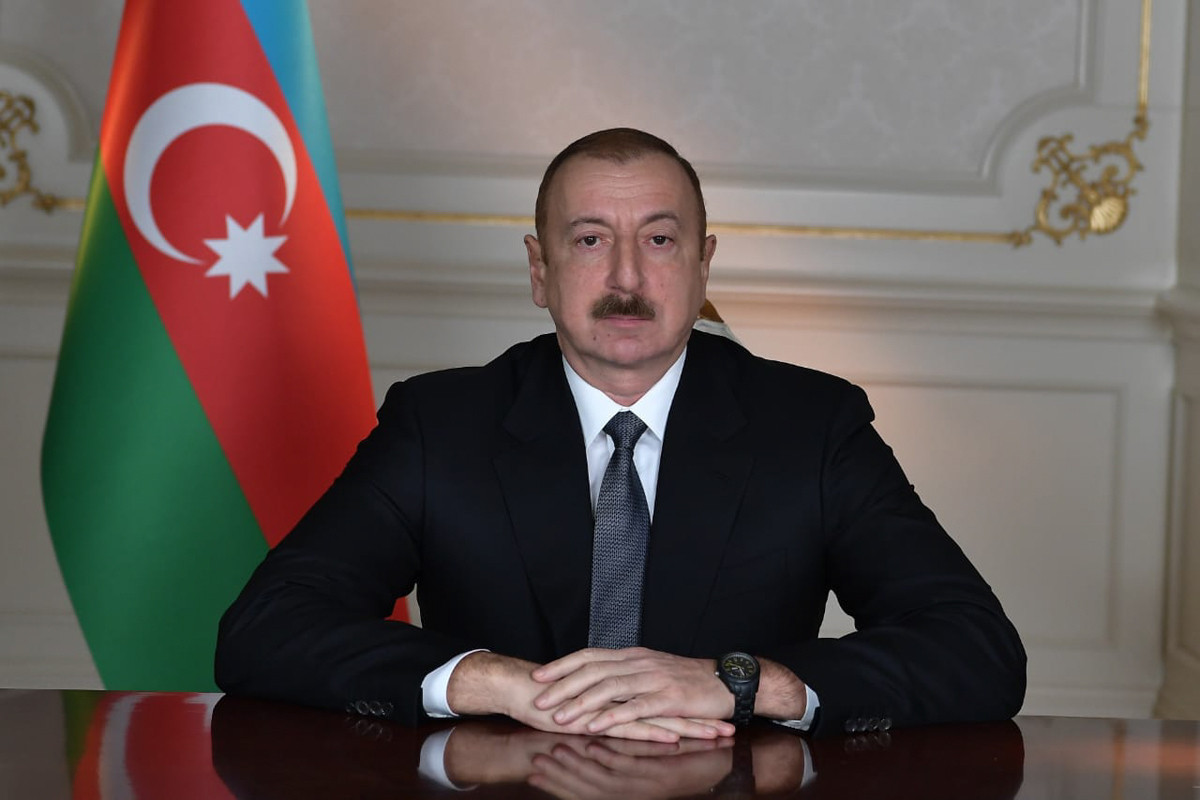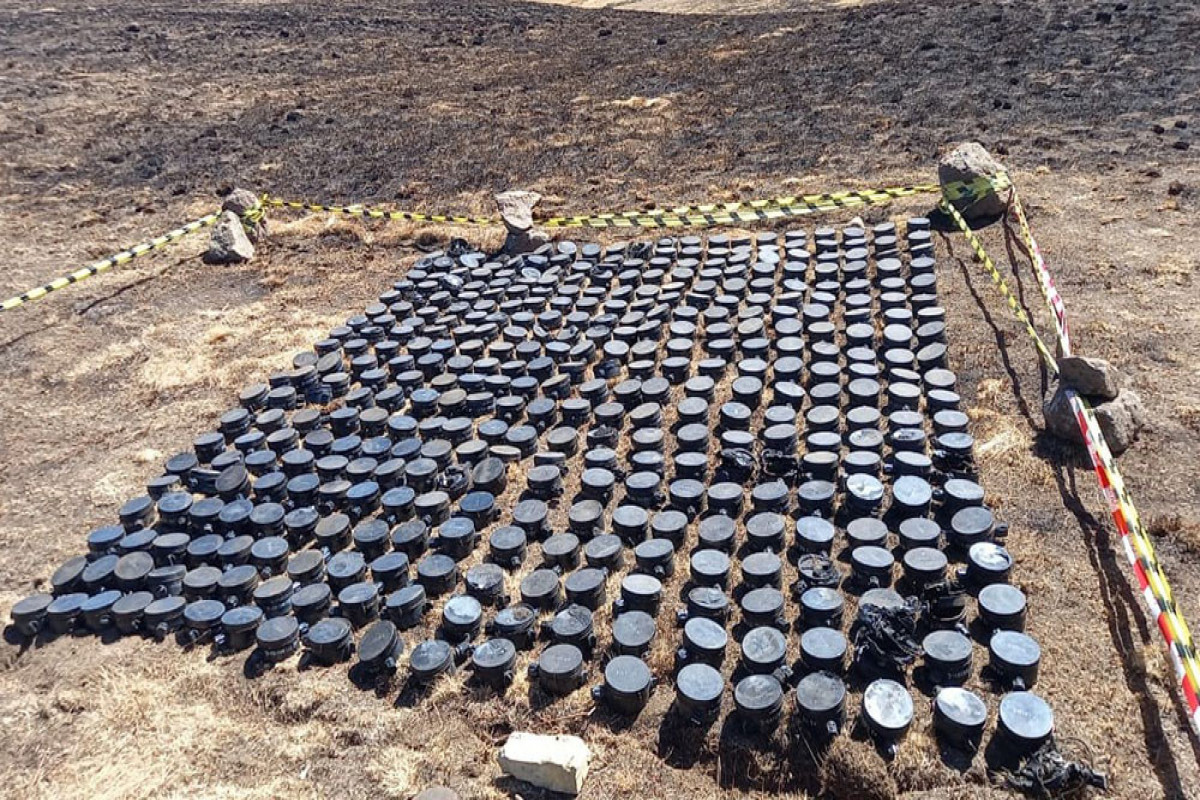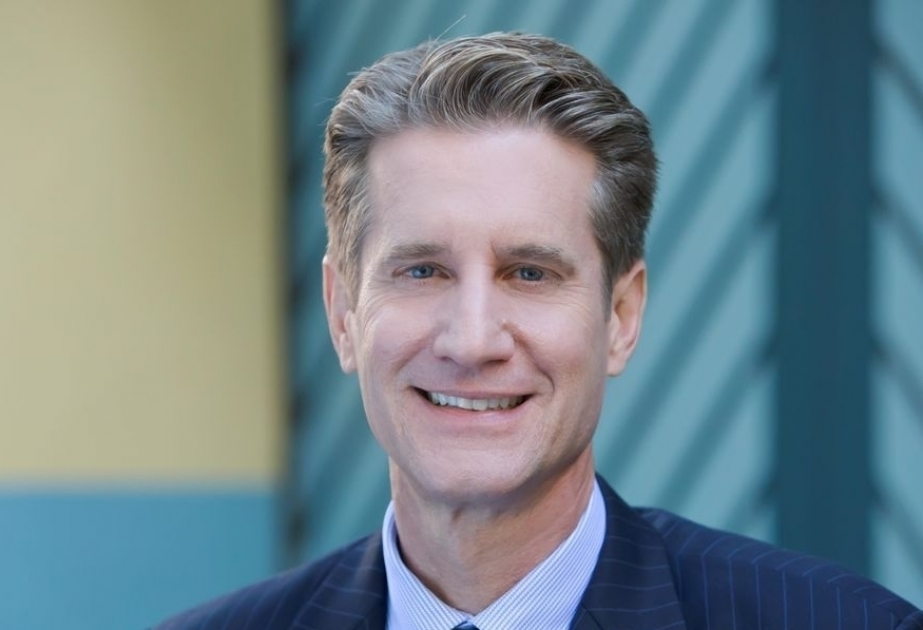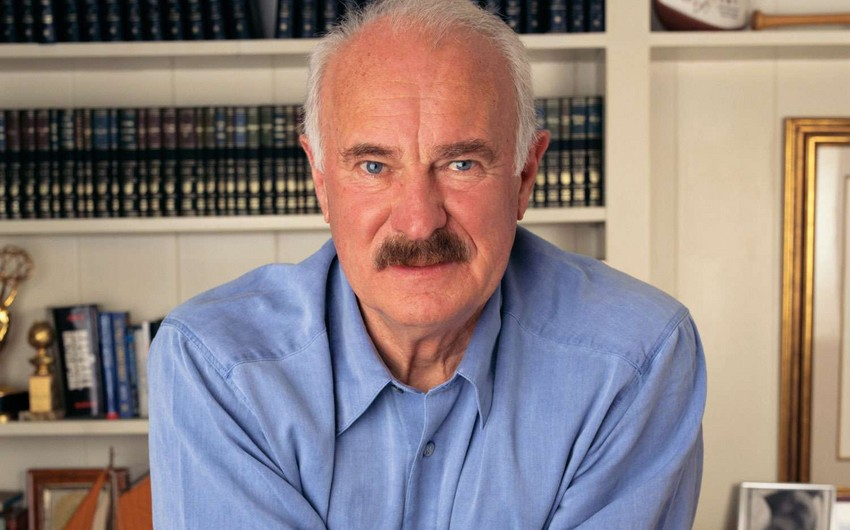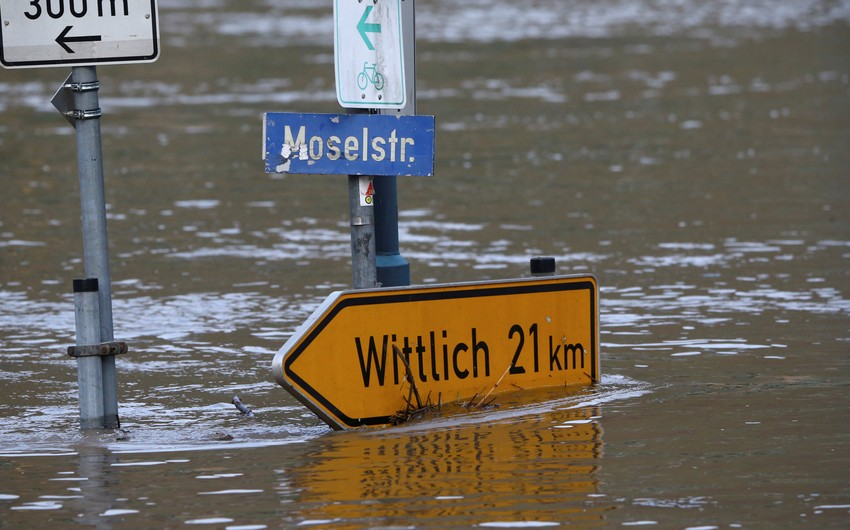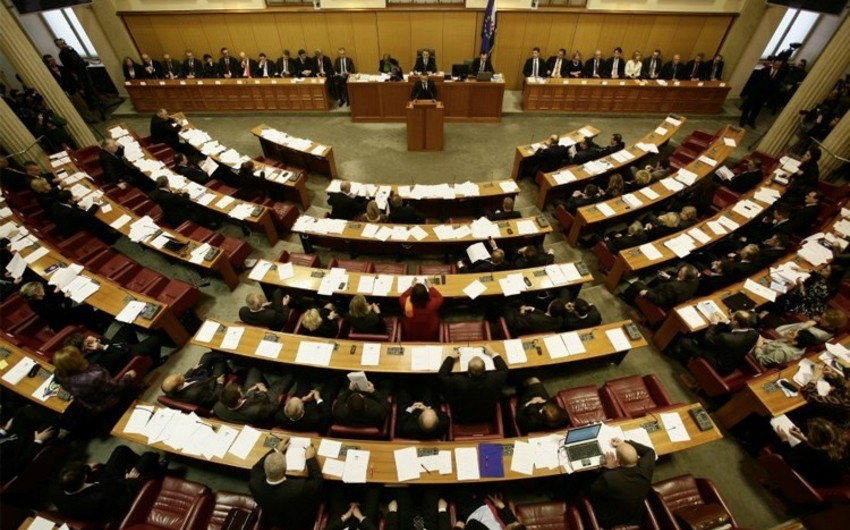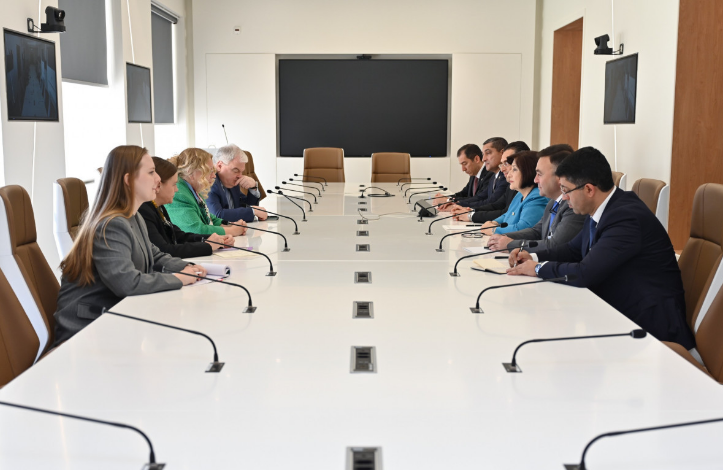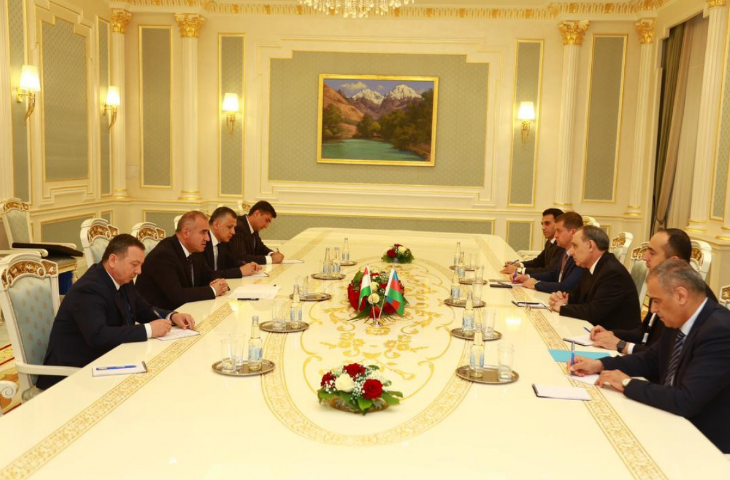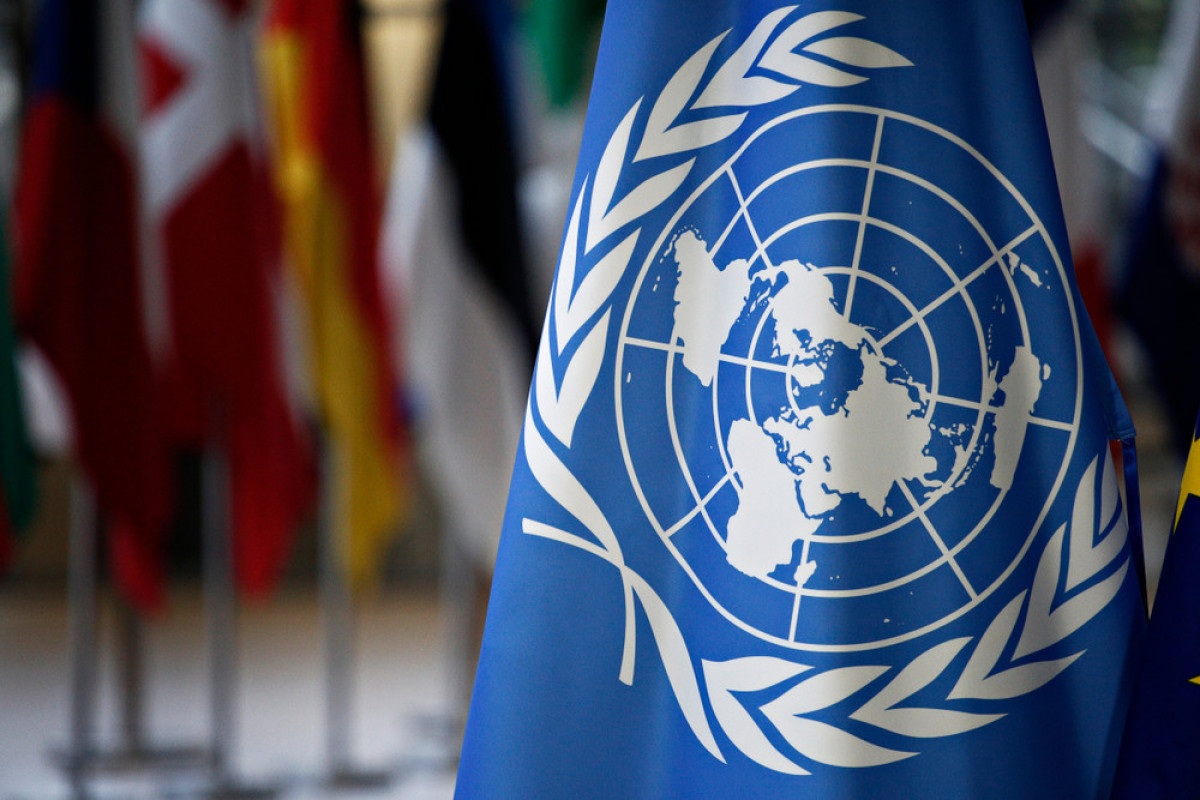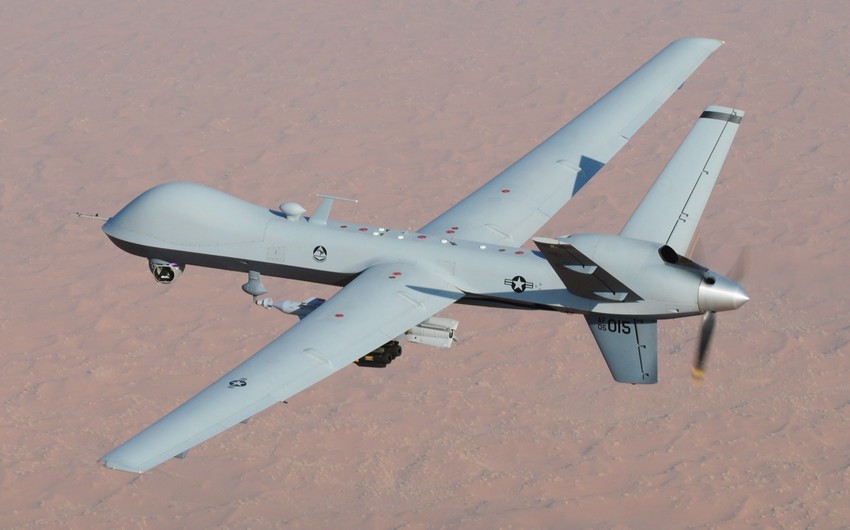The unprecedented level of anger and acrimony directed at Qatar by Saudi Arabia and the United Arab Emirates has caught everyone by surprise. Diplomatic spats in the Middle East are nothing new and, over the years, the Gulf Cooperation Council has had its fair share of squabbles and disagreements. But this time around, the vehemence of efforts to isolate and marginalize Qatar by Saudi Arabia and the UAE, and the speed and scope of such efforts, are nothing less than shocking.
The dispute began on May 23, with statements attributed to Qatar’s Emir Sheikh Tamim in which he allegedly expressed support for Iran, Hamas, the Hezbollah, and Israel. The emir is also alleged to have predicted that President Trump will not last long in office.
The Qatari government quickly denied the statements were ever made and blamed hackers for spreading false news through the website of the state’s news agency. The denials were ignored by the Saudi and Emirati media, which launched a campaign of vocal and heavy-handed criticism of Qatar and its emir for supposedly breaking away from the GCC fold.
The brewing crisis deepened soon with the hacking of the email account of the UAE’s ambassador to the United States, Yousef Al Otaiba. The UAE’s representative to the US since 2008, Ambassador Al Otaiba has emerged as one of the most influential diplomatic figures in Washington in recent years. Somewhat of a celebrity diplomat, Al Otaiba has established himself as a powerful insider and a trusted advisor on global and especially Middle Eastern issues within American policy circles. Hacked emails indicate that in addition to the millions the ambassador has spent on philanthropy in the United States, generous sums of money have gone from the UAE to American think tanks with the stated goal of painting negative portraits of Qatar and Iran before American and global audiences.
Within days of the hacking of Al Otaiba’s email account, which was extensively covered in the Doha-based Al Jazeera network, the UAE, Saudi Arabia, and Bahrain launched a series of drastic measures against Qatar, including the withdrawal of their ambassadors from Doha and the expulsion of Qatari diplomats from their countries, the closure of their airspace to Qatar Airways, the expulsion of Qatari residents and citizens from their soil, and, for Saudi Arabia, the closure of the border crossing between the two countries.
Before long, the Saudis and the Emiratis had compelled a number of allies to follow suit. Within hours of the announcements by Riyadh and Abu Dhabi, the governments of Egypt, the Maldives, Yemen, and Libya had also broken ties with Qatar and had announced similar measures against it.
The question that begs answering is what accounts for the speed and ferocity of Saudi and Emirati actions. At least in appearance, relations between Doha and its neighbors had greatly improved after 2014, capped by a highly successful state visit to Qatar by King Salman in December 2016.
Given the speed of events and the paucity of credible information, it is difficult to figure out exactly what is going on. Finding answers as to why this is all happening is even harder. Here, nevertheless, are a few thoughts.
First, the latest effort to pressurize Qatar is actually being led by the United Arab Emirates, with the Saudis playing only a supporting role, albeit a very important and critical one.
The UAE has long seen Qatar as its most direct competitor and regional rival for investments.
But the differences between the two small states are deeper and more fundamental than competition over trade and investments. While both countries are averse to civil and political freedoms, the Qatari state has long sought to coopt within its apparatus those prone to opposing it, including Islamists. The UAE, on the other hand, has taken a much more confrontational approach to potential domestic opponents, often jailing those suspected of Islamist tendencies.
Similarly, the two states have pursued very different foreign policies. For both Qatar and the UAE, foreign policy is an extension of state security and is guided by the logic of regime survival. But the two states follow very different approaches to their international relations. The UAE has opted for bandwagoning with the United States, whereby it has placed itself firmly under the American security umbrella. Moreover, it has also adopted a foreign policy that is closely aligned with American interests both in the region and around the world.
In practice, this close alignment between US interests with Emirati policy has meant that America’s friends and adversaries are also the UAE’s friends and adversaries. Ambassador Al Otaiba’s influence-peddling in Washington is perfectly aligned with his country’s foreign policy profile and the type of relationship the UAE has sought to forge and to deepen with its American protector.
Qatar has also placed itself under the security umbrella of the United States. But instead of aligning the minutia of its foreign policy interests and objectives with those of the United States, it has sought to maintain open lines of communication with as many actors as possible, not all of whom always get along together. This foreign policy approach keeps potential adversaries to a minimum and enables Qatar to capitalize on its strategic positioning as a critical conduit for information and communication between actors that would otherwise be unable to communicate.
But Qatar’s hedging strategy has not been without its drawbacks. Principally, for countries like Saudi Arabia, the UAE, and the US, Qatar’s continued relations with actors such as Hamas, the Muslim Brotherhood, or Iran is tantamount to treason. Doha’s approach is not seen as a means of minimizing adversaries and maximizing strategic value, but rather as a betrayal of fraternal bonds and as inherently duplicitous.
With Saudi Arabia and presumably the United States on its side, the UAE saw President Trump’s trip to the kingdom as a window of opportunity to press for closer ties with the US and in the process to rein in what it sees as Qatar’s maverick foreign policy. Specifically, the Emiratis calculate that unprecedented, prolonged pressure will cause the Qataris to buckle and to give to the UAE and its ally Saudi Arabia major concessions. These would include, most notably, further distancing from Iran, the Muslim Brotherhood, and Hamas, and keeping a lid on that perennial regional irritant, the Al Jazeera news channel.
But there is an even bigger prize that the Emiratis are after—Qatar’s American airbase. As Al Otaiba’s leaked emails reveal, the UAE government has been pressing American officials for years to relocate their biggest forward airbase out of unreliable Qatar and into the UAE, which is the US’s real friend.
Since the Saudi-led war in Yemen started, Emirati forces have been front and center in the battle against the Houthis. In the process, the UAE has acquired a real taste for military adventures. Feeling empowered, thanks to the purchase of billions of dollars of military equipment from the United States, the country that prides in calling itself the Little Sparta has now become interested in power projections.
This is not for the sake of power projections in itself. Housing an American base would seem to make the UAE militarily untouchable, pretty much in the same way that Qatar feels today. And, doing so would better enable Abu Dhabi to press its case against Tehran in what the UAE sees as Iran’s illegal occupation of the three disputed islands of Abu Musa and the Greater and Lesser Tunbs.
The UAE’s full-court press against Qatar is not all about Iran. In the short term, the Emiratis hope to gain strategic advantage in the region by housing the expansive US military base on their soil. If in the process they bring the Qataris to their knees and force Doha to abandon a foreign policy approach they do not approve of, all the better. In the long run, Abu Dhabi wants control and sovereignty over islands Iran now controls. And the best way of getting there is through a firmer military alliance with the United States.
Only time will tell whether the UAE will reach its ambitious goals.
Mehran Kamrava is Professor of Middle Eastern Studies at Georgetown University in Qatar and director of the university’s Center for International and Regional Studies.

